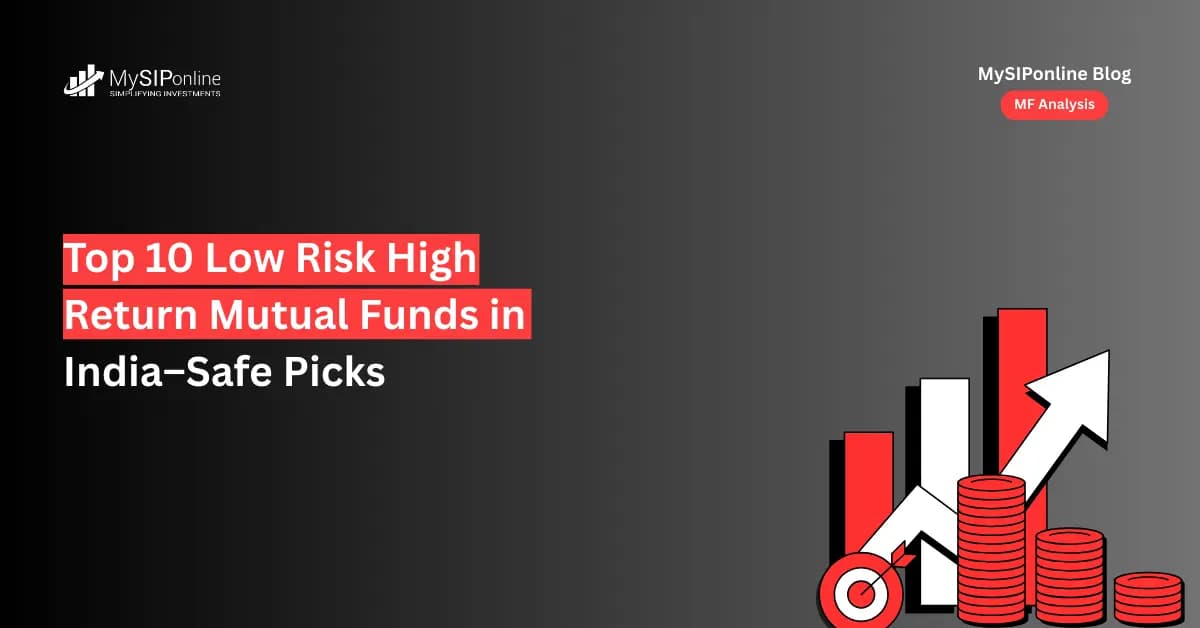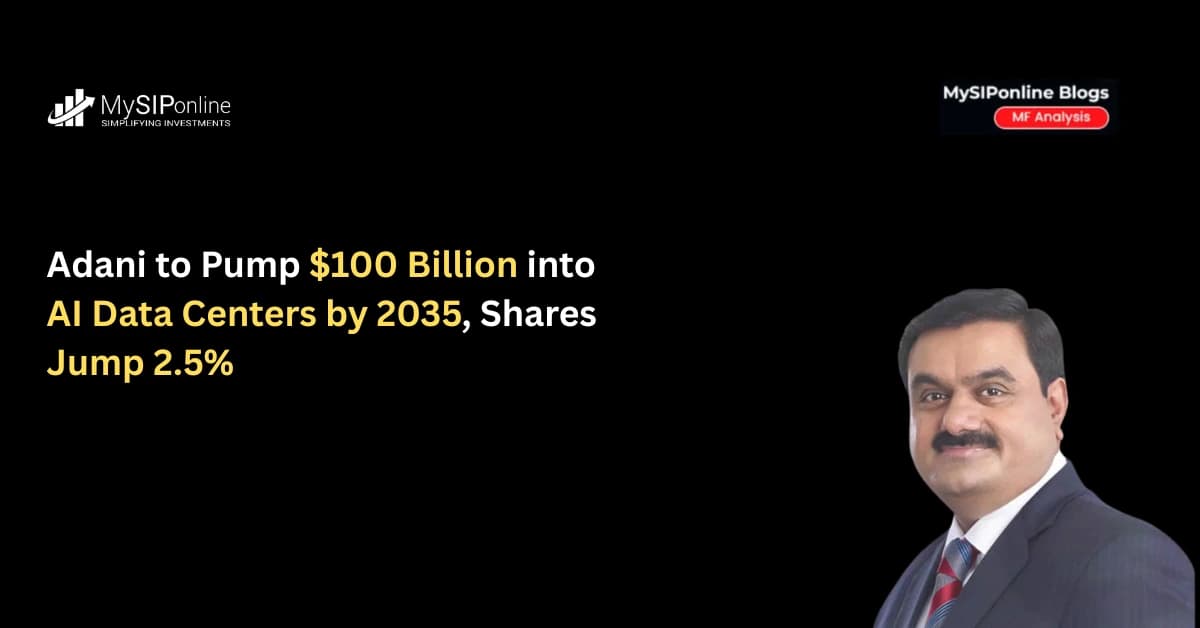Table of Contents
- Selection based only on returns
- Over-diversification as well as Under-diversification
- Not reviewing the schemes regularly
- Timing the market
Mutual Fund investments were introduced with the aim to provide people an easy way to get the most from the securities market of India. People who don’t have much knowledge of the equities as well as the debt market used to limit themselves to conventional ways of investing such as FDs, RDs, etc. But, mutual funds have provided ample options to choose from through which investors can enjoy the opportunities from different sectors of the market.
Table Of Content
- Choose Schemes Based on Your Goals & Risk Capacity
- Instead of Timing the Market, Spend Time in the Market
- Follow a Diversified Portfolio for a Better & Safer Growth
- Review & Re-Balance Your Portfolio Regularly
- Explore the Different Opportunities of the MF Industry
- Increase your SIP amount at Regular Intervals
Investing in mutual funds is no rocket science, but still, a lot of investors due to some common mistakes fail to get the most from these. So, if you are planning on entering the mutual fund industry, or even if you are an existing investor, following are some important tips which can help you in becoming a successful mutual fund investor.
Choose Schemes Based on Your Goals & Risk Capacity
A large number of mutual fund investors make the mistake of choosing schemes based on the returns provided by the fund. This is one of the major reasons that a lot of people end up with schemes that are not fit for their risk appetite and when they see some unexpected movements in the returns, they end up discontinuing their investments. So, if you are in for a long run, make sure you choose schemes as per your financial goals and risk appetite. This will help in avoiding panic during the market volatility, and you will be able to enjoy a hassle-free growth.
- 100% Paperless
- No Transaction Charges
- Easy to Invest
- Safe & Secure
Instead of Timing the Market, Spend Time in the Market
The securities market, especially the equity market is very unpredictable, and without extensive knowledge, it is not possible to predict its movement. A lot of investors after spending just of a couple of months in the MF industry try to time the market with the aim of getting a faster growth. But, often times it is seen that instead of making a profit they end up with negative returns due to unexpected market volatility. So, if you are investing in the mutual funds, especially equities, make sure you stay in for the long term. And, if you are planning of making lumpsum or additional investments, don’t put all your investments in a single go. Distribute it in small parts and then invest according to the market movement.
Follow a Diversified Portfolio for a Better & Safer Growth
Mutual Funds have a lot of different categories, and schemes from these categories follow a different investment approach and style because of which the risk associated is also different. Now, a common mistake that investors make is they put all their investments in a single mutual fund scheme, which not only increase the risk but also restrict their growth. So, based on your financial goals, choose schemes from different categories and asset class, and make a portfolio that is a perfect combination of stability and growth. But, also make sure that you don’t over-diversify or under-diversify your mutual fund portfolio as it will have an adverse effect. In case, you are a beginner, you can connect with the experts to get a mutual fund portfolio that best fit your goals.
Review & Re-Balance Your Portfolio Regularly
For a smooth growth reviewing, the mutual fund schemes at regular intervals is as important as investing in them regularly. So, keep a track of your investments and check the performance of your schemes at least once in 6 months. If you find that the scheme is not performing well from a very long time and is lacking behind in comparison to the peers, you should consider switching to a different one. To make sure that you can easily track your investments, opt for online investment portals.
Explore the Different Opportunities of the MF Industry
The mutual fund industry has a lot of options to select from. Each of them provides different benefits and due to varied investment style show different type of growth. The best examples of this are the ELSS Funds from the equity category and Liquid Funds of the debt category. ELSS funds in addition to a high growth also provide tax saving benefits on investments up to Rs. 1.5 lakh and liquid funds provide the benefits of a savings bank account but with much higher growth. So, while investing in mutual funds make sure that you list out all the options.
- 100% Paperless
- No Transaction Charges
- Easy to Invest
- Safe & Secure
Increase your SIP amount at Regular Intervals
Sticking with the same investment amount while investing for the long term will provide you with good growth, but not the best. So, to make sure that you get the best growth from mutual funds increase your SIP amount every year. Now, it is not necessary that you have to increase it with a very high percentage. Just increase it with 5%-10%, based on the increment in your annual income.
These are the major tips which you should follow if you want to become a successful mutual fund investor and enjoy an exceptional growth from the mutual fund industry. In case you are a beginner and want to start your investment journey right way, feel free to connect with the experts who will provide you with the best options after analyzing your requirements.











